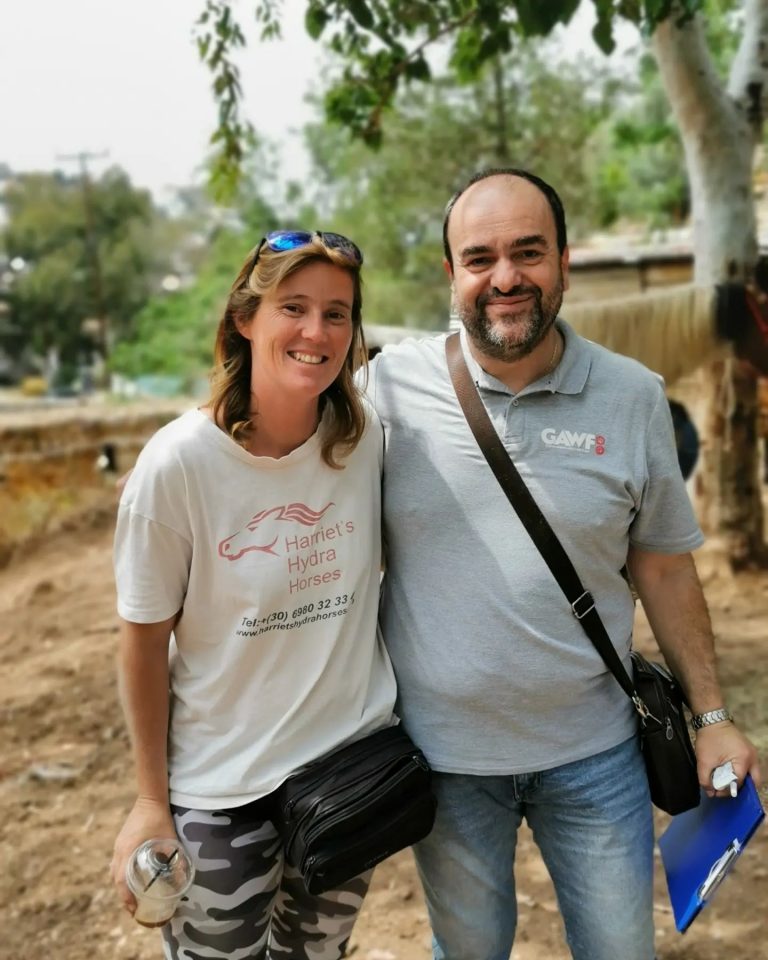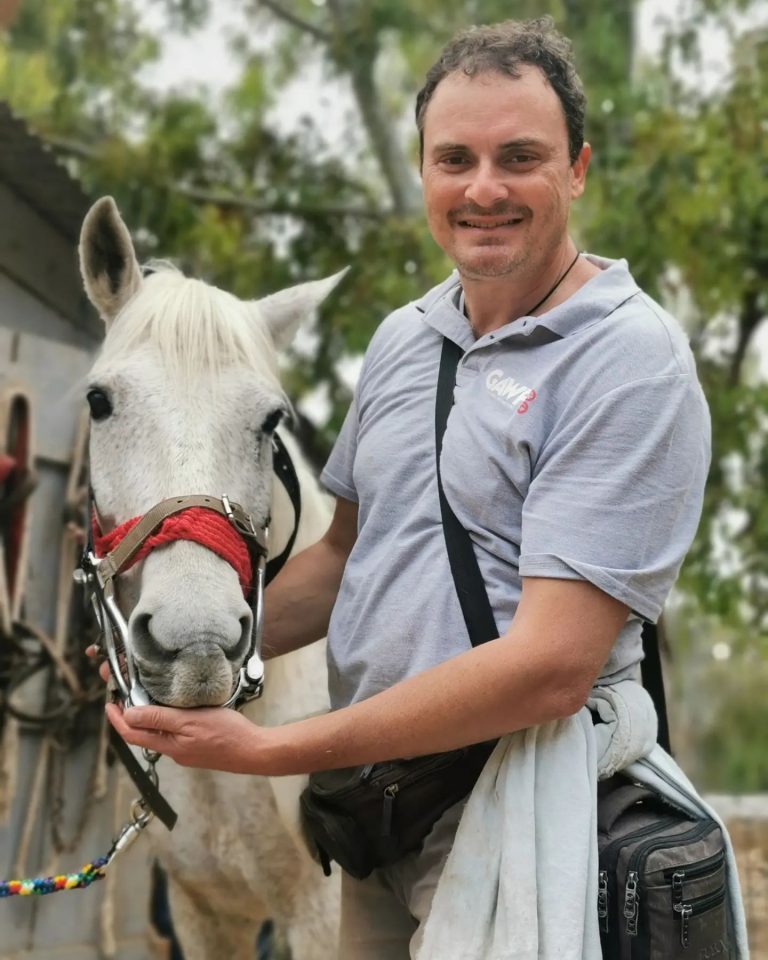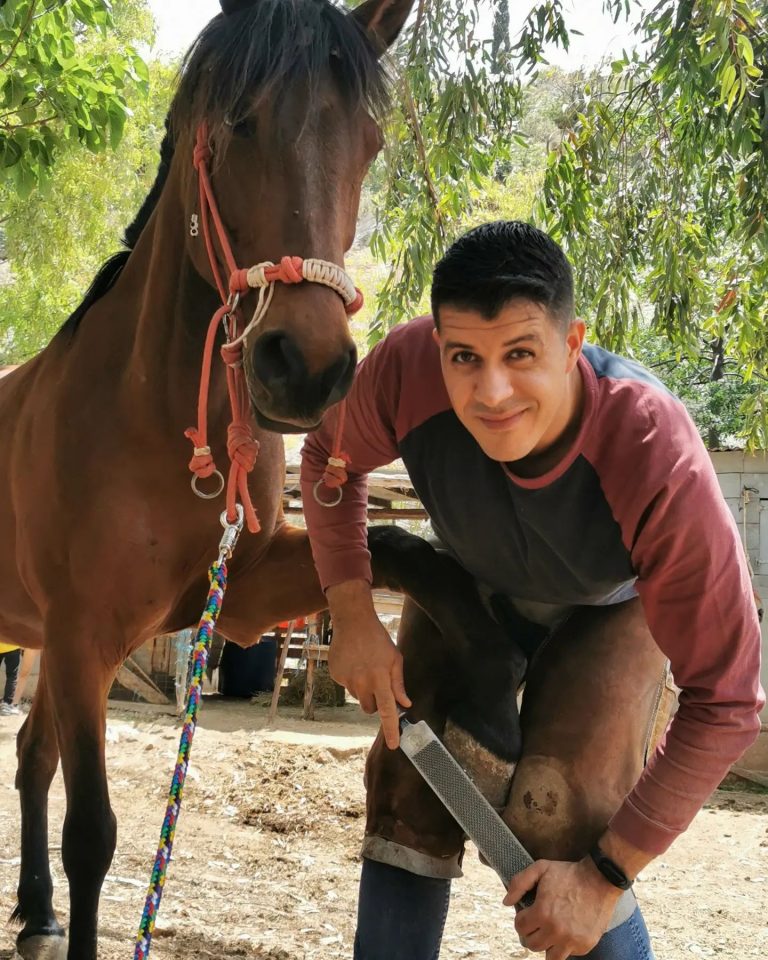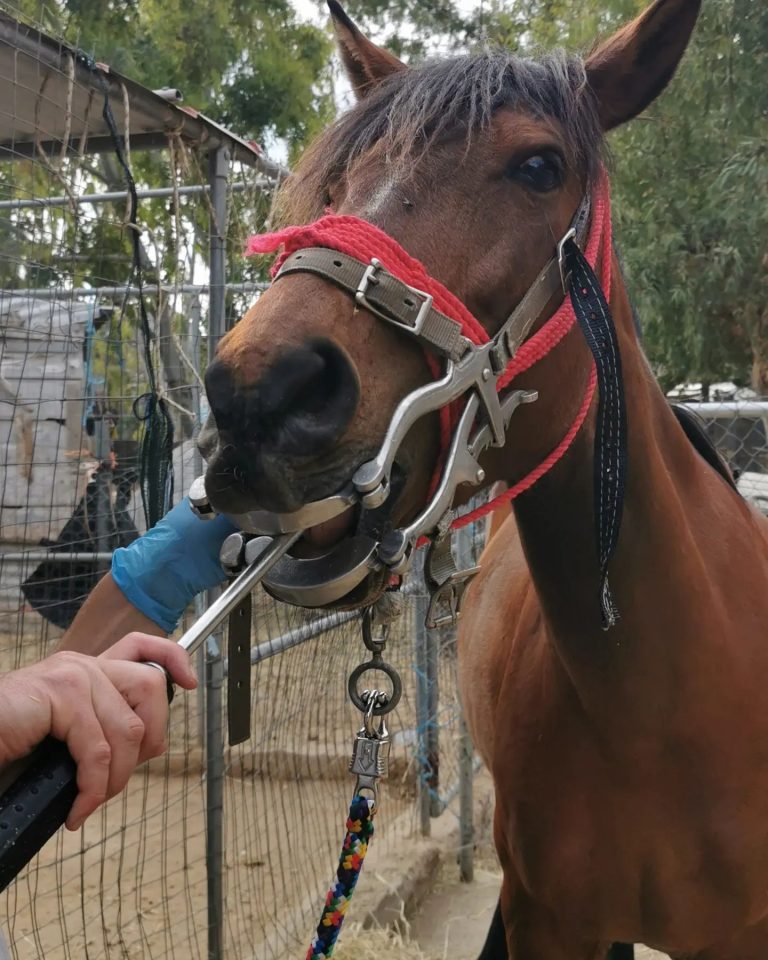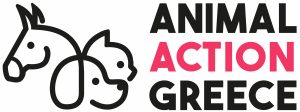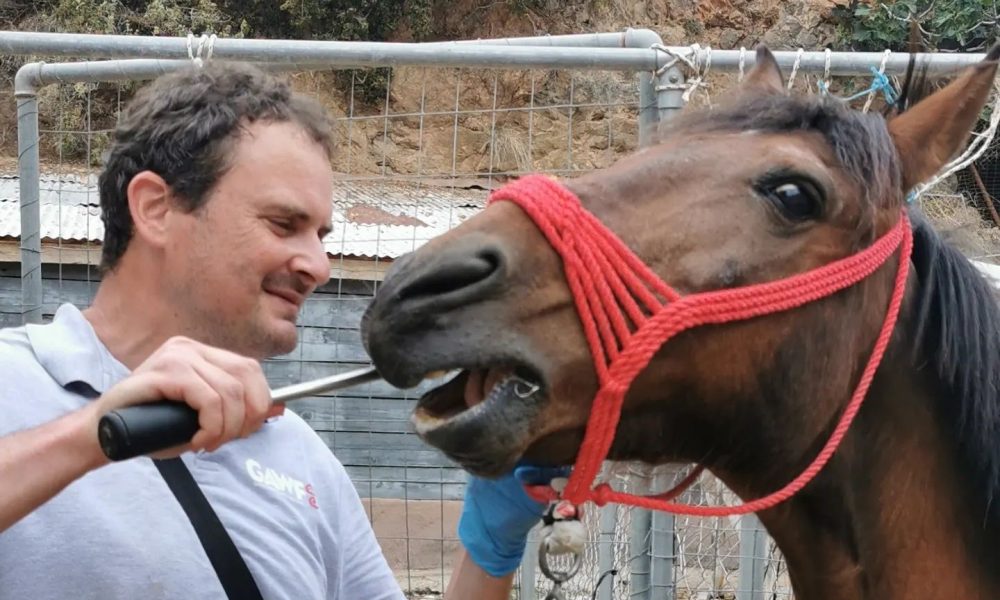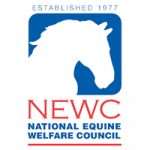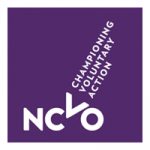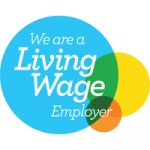On 13-14th May, our Equine Care team made its annual 2 day outreach visit to the island of Hydra, in Argosaronicos, just before summer to provide its services to the island’s working equines. The vast majority of the 56 animals treated this year were horses, in contrast to previous years where mules were the main species treated. Equines have been used for many years as the main form of transportation on the island, where all kinds of wheeled vehicles are prohibited.
Working equines in Greece are one of the most controversial issues today, with some considering their use as an inevitable need in several areas and as a part of our culture, while others consider working equines as synonymous to animal abuse. Animal Action Greece does not actively promote the use of equines in any form of tourism, but we do have a role to play in ensuring animal welfare is a priority where they are used. Through our Equine Care Programme, we put the interests and welfare of animals first in whatever we do.
After more than 15 years of visiting the island of Hydra, we have managed to see with our own eyes the working equines and have direct contact with their owners. Animal Action Greece has witnessed the majority of owners caring for their animals and considering them as part of their family. Major improvements in everyday health and welfare have taken place since our first visit in 2005. However, we can only speak for the animals we check and treat and the owners who cooperate with us.
In this year’s visit, 80% of the animals were in ideal body weight, with only 3.5% underweight and the rest overweight and no injuries from saddles or headcollars were observed. Due to the fact that there is no veterinarian on the island, routine dental treatment is necessary for the island’s equines. A 9 year old mare bought just recently, presented with its owner complaining that she doesn’t gain weight although she eats normally. During mouth examination, extremely sharp enamel points were found, causing pain and difficulty in normal sideways movement. After the dental treatment, we are looking forward to hearing from the owner that the mare has gained weight. Our farrier trimmed 46 equines, which were in need of corrective trimming, since there is no local farrier on the island. Our team’s visit made a real difference to the life of an aged female donkey; Agkita, who had a serious problem with white line disease in all four hooves, and was lame and in pain. Our farrier trimmed very carefully, and a mix of paste to protect against moisture and bacteria was applied on all hooves, which were then bandaged. The mare immediately walked better after the treatment, while advice was given to the owner on how to continue the treatment himself. This year we made sure that there was enough time for a mini practical seminar on farriery. Three of the locals who trim and shoe their animals themselves, received personal training in basic correct shoeing and special skills in hoof trimming; five horses’ hooves were trimmed and shod by Nektarios, Harriet and Giorgos, under our farrier’s close supervision, while two more interested owners were present; as there is a lack of farrier on the island of Hydra. Vaios’ ‘apprentices’ applied all the advice given, while they thanked Animal Action for offering this knowledge and showed their appreciation by kindly donating to the charity.
13 more microchips were also placed this year. The electronic platform for registration is now active, therefore all the microchips placed in Hydra very soon will be officially registered. The initiative of the Municipal Authority of the island has contributed decisively into achieving the placement of microchips; owners have been informed about the necessity of the electronic marking of the animals and they are happy to comply with the new legal framework. We would like to thank the Municipality of Hydra for undertaking the complete cost of the visit for the third consecutive year. This greatly helps our work and certainly offers the feeling of satisfaction to the local welfare group, Hydra’s Ark (who invited our equine care team more than 15 years ago for the first time) for having finally achieved the active and mutual cooperation between the authorities and local equine owners. We had noticed last year, but it was again obvious this year, that in recent years we have seen an improvement in the living conditions and treatment of the equines and compliance of owners with the suggestions from our team members, which are always done solely to improve the wellbeing of their animals.
We would also like to thank Marilela Bikou and “BREAK TIME” for kindly offering breakfasts and coffees to our team, all owners for their kind donations and all volunteers for their genuine will to help where needed.
The level of equine welfare in Hydra seems to improve for the animals that are brought to our team to check; all parties involved cooperate towards improving the welfare all the time; however, we also want to see progress in the situation with the water troughs and the sun shades at the port. As we already know, temporary measures have been taken some time ago, but we would like to see permanent ones; sun shades that stay open for all waiting animals at the port despite the wind or other weather conditions, and practical water troughs that stay clean with fresh cool water during the summer.
Legislation
Our organisation has been witness, during the summer, of the Hydra mules being the centre of interest in mass media. Here is where we, as a charity, with more than 20 years of experience in the area of working equines all over Greece, raise our voice and stress, once again, the need for a legal framework on equine welfare. An equine specific legislation is the only way to address the overall welfare of donkeys, mules and horses across all areas they exist – wild horses; horse racing; competing; farming; shelters and sanctuaries; tourism; industries (forestry, construction etc), transport and as private pets. An equine specific legislation can regulate the working conditions of a working equine, and offer guidelines for the equine owners’ obligations towards everyday care of his animal, so that equines can receive the maximum care they deserve.
Animal Action Greece, together with other organisations, is currently working towards this; working, or not, all equines deserve our respect and the best care they can get.
